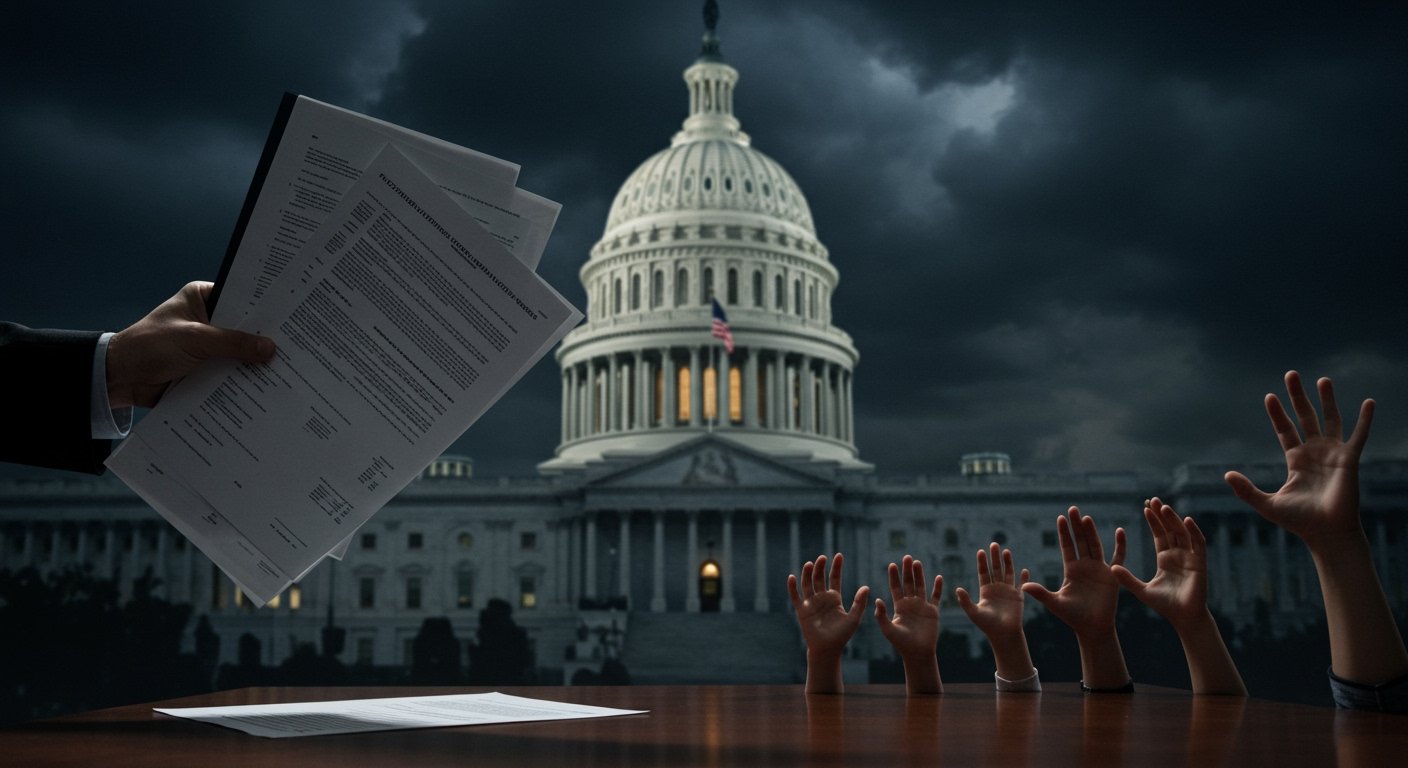WASHINGTON D.C. – Proposed reductions in Medicaid funding, anticipated to be debated by Congress in February 2025, could trigger severe negative health outcomes for millions of Americans, overwhelm emergency medical facilities, and lead to the closure of numerous rural hospitals across the nation, according to a stark analysis from leading healthcare experts.
Writing from Kaiser Permanente, Shannon McMahon, Executive Director for Medicaid Policy, and Claire Horton, MD, Vice President and Associate Chief Medical Officer for National Medicaid and State Programs, articulated these concerns in a recent article, emphasizing the critical role the program has played in the U.S. healthcare landscape for nearly 60 years.
Medicaid’s Foundational Role in American Healthcare
For decades, Medicaid has served as a vital safety net, providing crucial health coverage and access to essential medical care for individuals with low incomes and disabilities. The program’s reach is extensive, currently covering approximately 14 million Americans residing in rural areas and an estimated 10 million Americans under the age of 65 with disabilities.
Experts stress that Medicaid funding is fundamental to ensuring access to a wide array of necessary medical services, ranging from vital prenatal care for expectant mothers to routine primary care check-ups and chronic disease management. This access is particularly critical for vulnerable populations who might otherwise go without care until conditions necessitate expensive emergency intervention.
The Impact of Medicaid Expansion
A significant milestone in the program’s history occurred in 2014 when many states opted to expand Medicaid eligibility under the Affordable Care Act, supported by increased federal matching funds. This expansion dramatically broadened access to coverage. According to McMahon and Horton, since this period, the uninsured rate among Americans has fallen remarkably, plummeting from 1 in every 5 individuals to a mere 8%.
This expanded coverage has yielded demonstrable improvements in public health. Studies and data cited by the Kaiser Permanente experts indicate that the expansion has contributed to improved health outcomes and a reduction in mortality rates across participating states. Furthermore, hospitals have seen a substantial benefit, with the amount of uncompensated care they provide decreasing by approximately 40% as more patients gained insurance coverage through Medicaid.
Projected Consequences of Funding Reductions
The analysis by McMahon and Horton directly addresses the potential fallout should Congress move forward with debated funding cuts in February 2025. They warn that such actions would directly lead to worse health outcomes for millions of individuals who rely on Medicaid for their care. Without access to preventive and primary services, many would see their health conditions worsen.
This deterioration in health is predicted to place an unbearable strain on the healthcare system’s most expensive access point: emergency rooms. As individuals lose their ability to access regular medical care, they are more likely to defer treatment until a crisis arises, leading to overcrowded emergency departments and increased costs.
Perhaps one of the most severe predicted consequences highlighted by the experts is the impact on the nation’s already fragile rural healthcare infrastructure. Many rural hospitals operate on extremely thin margins and depend heavily on Medicaid reimbursements to remain financially viable. Significant cuts to the program could render these facilities unsustainable, forcing many rural hospitals to close. This would leave vast geographic areas and millions of rural Americans without local access to critical medical services.
Experts Urge Caution
In their assessment, McMahon and Horton issue a clear appeal to policymakers contemplating changes to Medicaid funding. They argue that any actions resulting in reduced funding would cause direct and significant harm to millions of Americans who depend on the program for essential healthcare.
The experts underscore that undermining Medicaid does not merely affect individual beneficiaries; it poses a fundamental threat to the stability and functionality of the entire U.S. health care system. They implore lawmakers to consider the far-reaching and potentially devastating consequences before enacting changes that could unravel decades of progress in expanding health coverage and improving national health outcomes.
The debate surrounding Medicaid funding in Congress in early 2025 is therefore framed not just as a fiscal matter, but as a critical decision point with profound implications for the health and well-being of the nation’s most vulnerable populations and the viability of the healthcare infrastructure that serves them.











